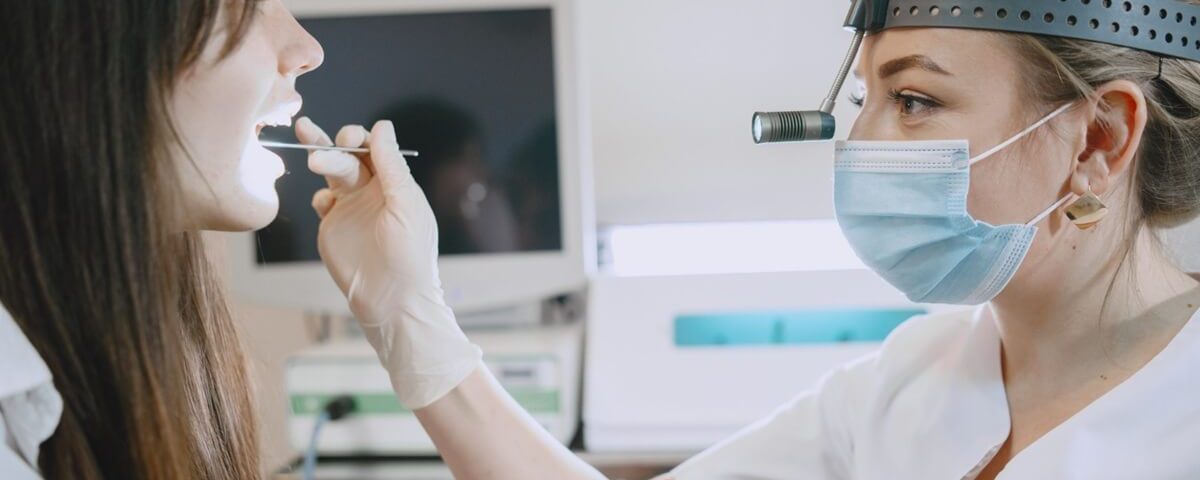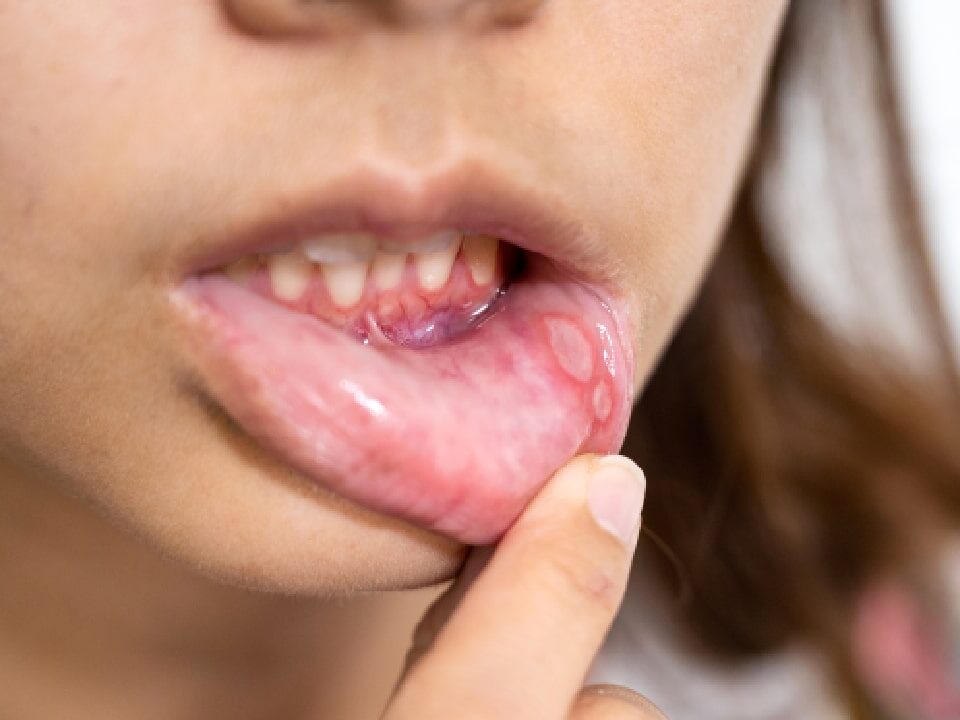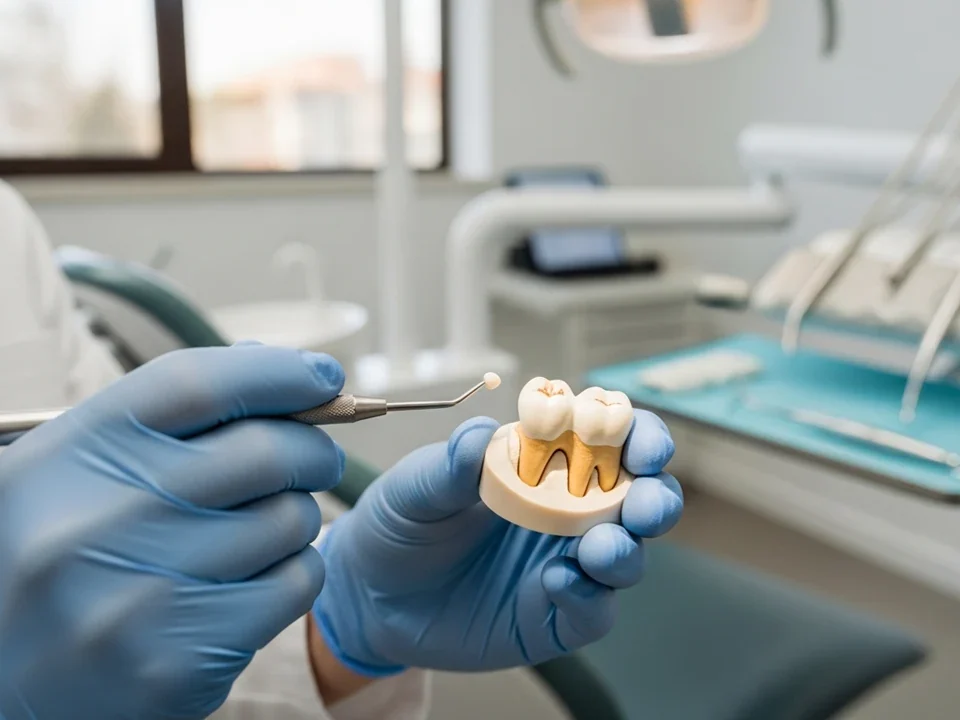
Wisdom Tooth Extraction Aftercare
August 21, 2025
What is the Best Whitening Toothpaste for Sensitive Teeth?
August 28, 2025Some people notice gum problems even when they take care of their teeth. Their gums bleed often or feel swollen. In many cases, this happens because of hereditary gum disease. This article explains what hereditary gum disease means, how it starts, and what you can do to stop it. You will find all the answers here.
Table of Contents
ToggleCan Gum Disease Get Passed On?
Yes, gum disease can pass from parents to children through genes. People with hereditary gum disease often have a stronger reaction to the bacteria in their mouth. Their body attacks the gums, which causes swelling and bleeding. These signs may show early in life.
Even if a person brushes and flosses, the risk stays high because of family history. If your parents had gum problems, your chances increase. That means you must visit the dentist more often and stay alert.
Role of Genetics in Gum Disease
Hereditary gum disease connects to genes that control the immune system. Some people have genes that make their body respond too strongly to plaque. This leads to long-term gum damage. Others may carry harmful oral bacteria from their parents.
These bacteria stay in the mouth and cause infection. If the body cannot fight the infection properly, the gums begin to pull away from the teeth. Genetics alone does not always cause gum disease, but it increases the risk by a lot.
Click Here to Learn about the Best Dentistry in Ahwatukee, Phoenix, AZ.
Can Hereditary Gum Disease Be Cured?
Hereditary gum disease cannot be fully cured, but a dentist can help you keep it under control. With the right treatment, you can stop the damage and keep your gums healthy. Starting early gives you the best chance to protect your teeth.
Here are simple treatments dentists may use:
- Regular cleanings to remove plaque and keep your gums healthy
- Deep cleaning (scaling and root planing) to clean under the gums
- Special mouth rinses to kill germs and lower swelling
- Antibiotic gels or pills to treat gum infections
- Laser treatment to clean infected areas and help gums heal
- Gum surgery to fix gum and bone damage in serious cases
- Regular check-ups to watch your progress and adjust care if needed
How Can You Prevent Hereditary Gum Disease
You can help prevent hereditary gum disease by keeping your mouth clean and healthy. Even if it runs in your family, these habits can protect your gums and teeth. Here are simple steps to follow:
- Brush your teeth two times a day with a soft toothbrush
- Floss once a day to clean between your teeth
- Use mouthwash to help kill germs in your mouth
- Have healthy foods like fruits, vegetables, and whole grains
- Don’t smoke or vape
- Go to the best dentist Phoenix every six months for a check-up and cleaning
Last Word
Hereditary gum disease runs in families and causes gum damage over time. People with this condition must watch for early signs and take action fast. You cannot change your genes, but you can change how you care for your mouth. Good habits and regular dental care make a big difference. Talk to your dentist, follow your treatment plan, and protect your gums. Many people with hereditary gum disease live with healthy teeth for life. You can do the same with the right care and information.
FAQs
Can children show early signs of hereditary gum disease?
Yes. Some children show signs like gum swelling, bleeding, or early tooth problems if the disease runs in the family.
Is genetic testing available for gum disease risk?
Yes. Some dental clinics offer genetic tests that check for gum disease risk. These tests help plan the right treatment.
What age does gum disease start?
Gum disease start in the teenage years or even earlier. People with hereditary gum disease often see signs at a young age.
Can hereditary gum disease lead to tooth loss faster than other types?
Yes. This type often moves faster and causes more damage. Without treatment, it can lead to early tooth loss.
Do hereditary factors affect how well gum disease treatments work?
Yes. Some people with this condition need stronger treatments. The dentist may need to adjust the care plan to get the best results.
Can genetics alone cause gum disease?
No. Genetics raise the risk, but poor oral care and habits also play a big role. Both factors matter.




